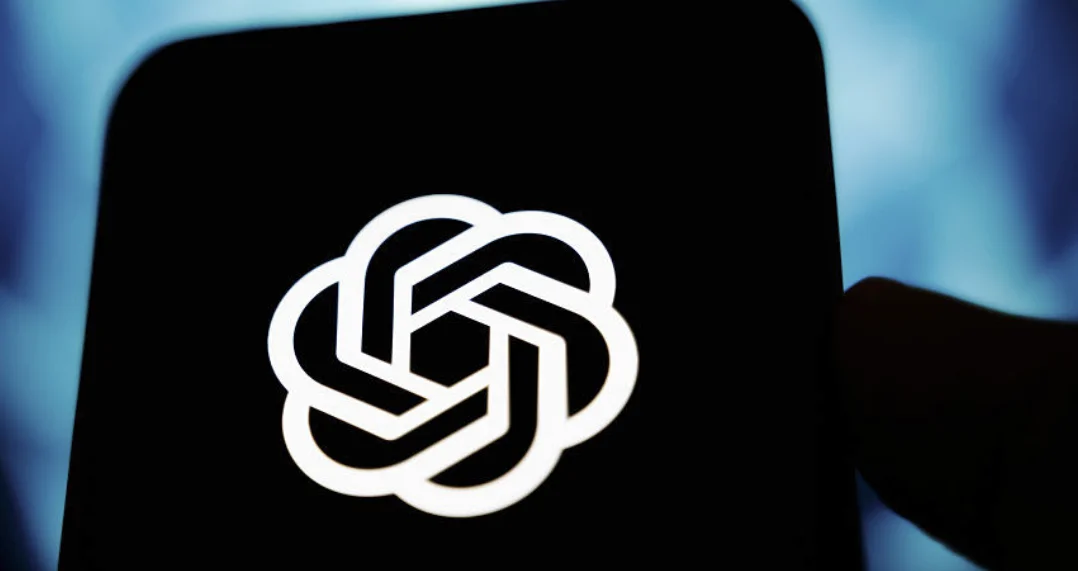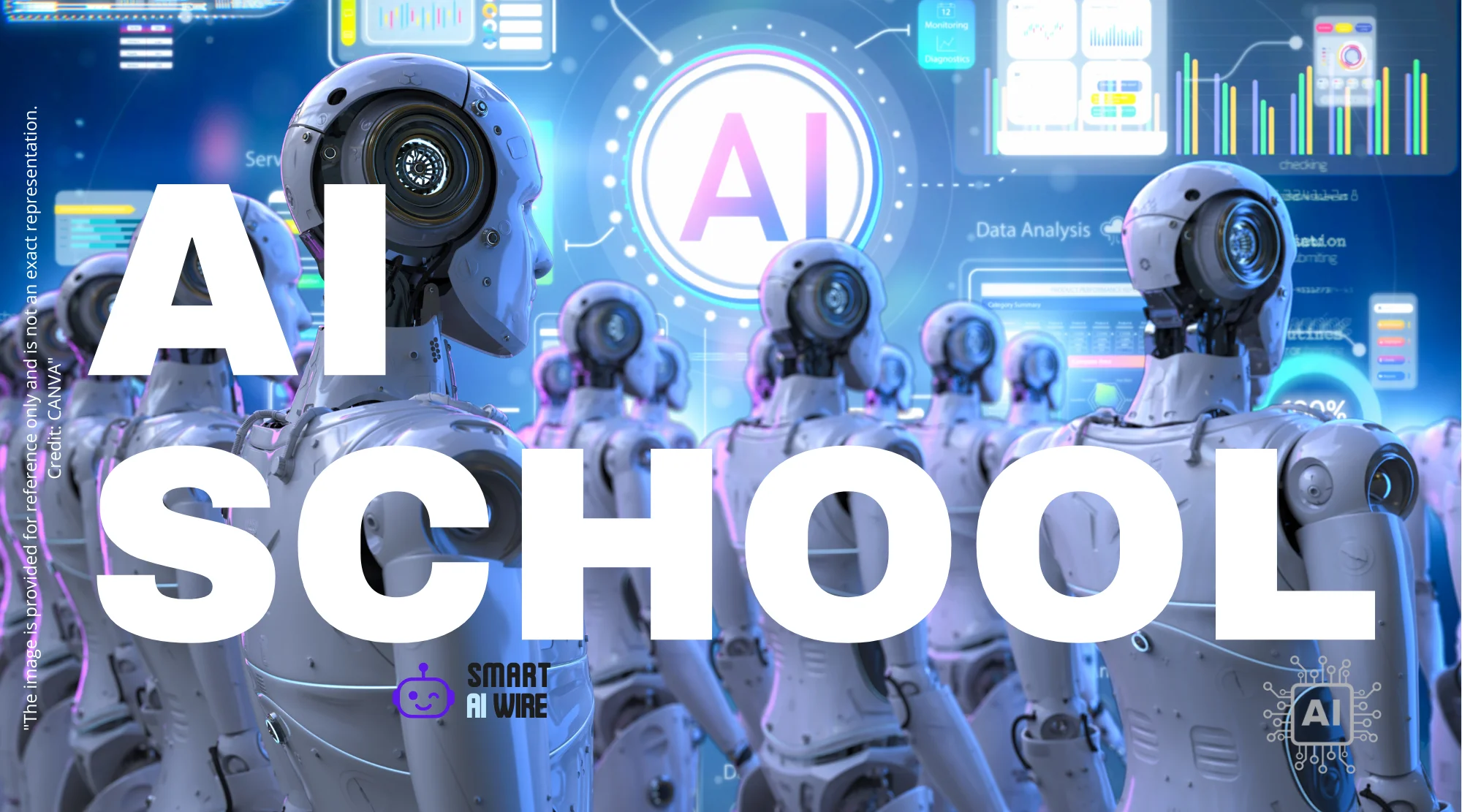OpenAI’s Bold Leap: Partnering for a New Consumer AI Device
OpenAI, the AI research powerhouse, is reportedly venturing beyond software to develop a novel consumer device in collaboration with Luxshare Precision, a key player in Apple’s supply chain. This ambitious project aims to create a pocket-sized, context-aware gadget that deeply integrates with OpenAI’s large language models, potentially disrupting the dominance of smartphones and traditional hardware in the consumer electronics market. The initiative signifies a significant strategic pivot for OpenAI, expanding its influence from AI models to tangible consumer products.
The Genesis of an AI-Native Device
The development of this new AI device stems from OpenAI’s increasing interest in hardware. Earlier this year, the company acquired io Products, a hardware design firm founded by former Apple designer Jony Ive. This acquisition signals a clear intent to move into the consumer hardware space. The collaboration with Luxshare Precision, a primary assembler for the iPhone and AirPods, suggests a robust manufacturing roadmap for this potentially groundbreaking product.

Challenging the Smartphone Paradigm
Industry analysts view this venture as OpenAI’s most significant hardware endeavor yet. The goal is to engineer an “AI-native” product, one that is not merely an extension of existing platforms like smartphones or PCs, but a primary interface for AI interaction. Such a device could offer a new way for consumers to engage with artificial intelligence, moving beyond voice commands or app interfaces. If successful, it could carve out a new niche in the highly competitive consumer electronics landscape, currently dominated by giants like Apple, Samsung, and Google.
Strategic Partnerships and Supply Chain Integration
The partnership extends to other significant Apple suppliers. Reports indicate that OpenAI has also engaged with Goertek, another supplier for Apple’s AirPods, HomePods, and Apple Watch, to procure components like speaker modules for the new device. This strategic engagement with established manufacturing giants highlights the scale and seriousness of OpenAI’s hardware ambitions. It leverages existing expertise and infrastructure to accelerate the development and production of a sophisticated AI-powered gadget.
Implications for the Future of AI Interaction
The potential for a context-aware, pocket-sized AI device represents a paradigm shift in how we interact with technology. Imagine a device that understands your environment and needs, offering proactive assistance without constant prompting. This could redefine personal computing and information access, moving beyond the limitations of current mobile operating systems. It prompts us to consider the broader impact of AI on our daily lives and the potential for AI to become an even more integral part of our personal ecosystems.
This move by OpenAI also raises questions about the future of existing tech giants. By aiming to create a device that is not dependent on a smartphone, OpenAI is directly challenging the established order. The success of such an AI-native device could lead to significant shifts in market share and consumer behavior, forcing other companies to re-evaluate their own AI hardware strategies. The implications for the broader AI revolution are immense, potentially accelerating innovation in both software and hardware.
The development of AI-native hardware, like the device being explored by OpenAI, represents a significant step towards more intuitive and integrated AI experiences. This aligns with the broader trend of AI becoming more pervasive, as seen in applications ranging from AI for Project Managers: Revolutionizing Project Management in 2025 to Nurabot: AI Robot Allies for Overwhelmed Nurses and Aging Hospitals. As AI continues to evolve, its integration into dedicated hardware promises to unlock new levels of functionality and user engagement, potentially reshaping industries and daily life.



